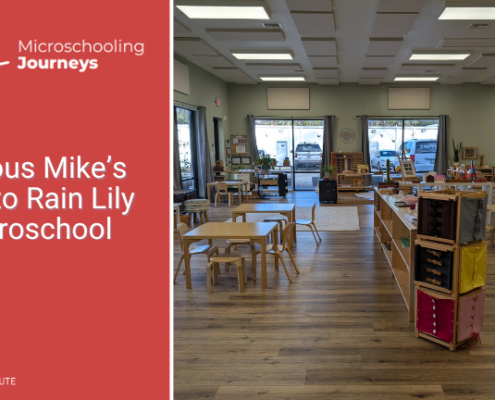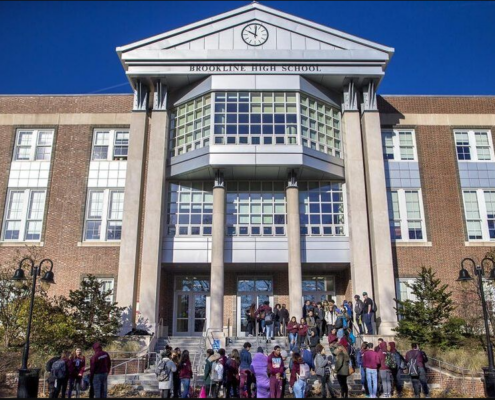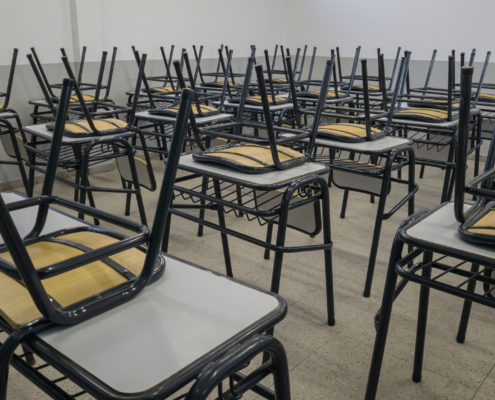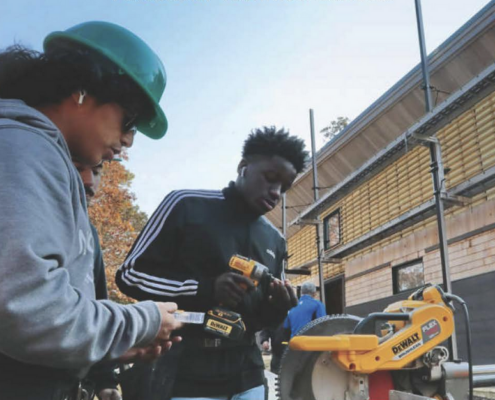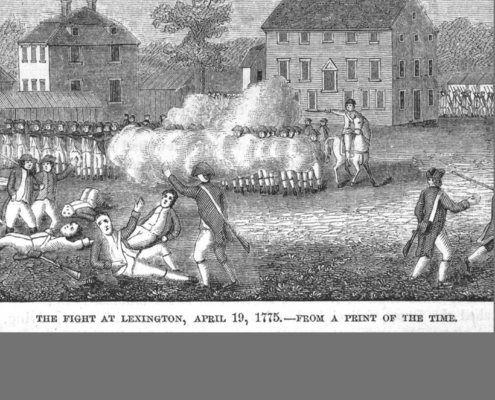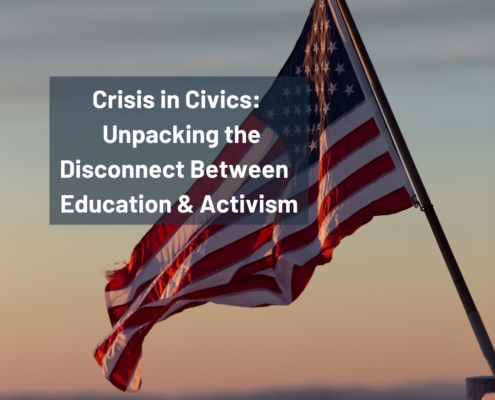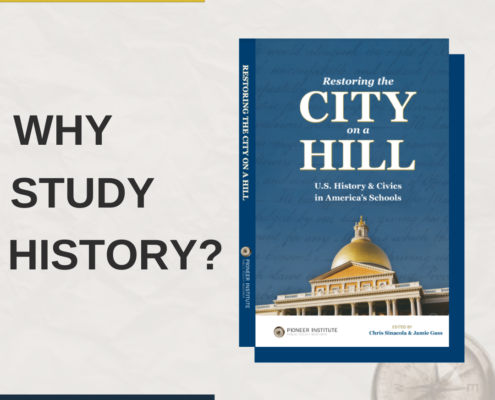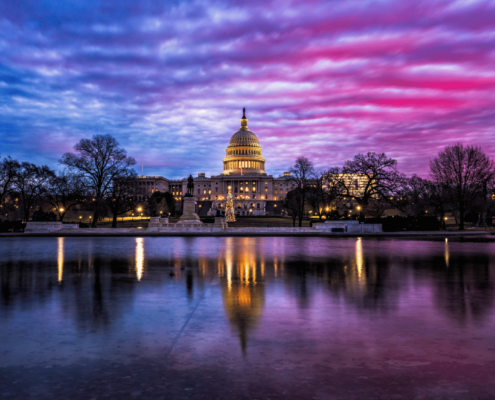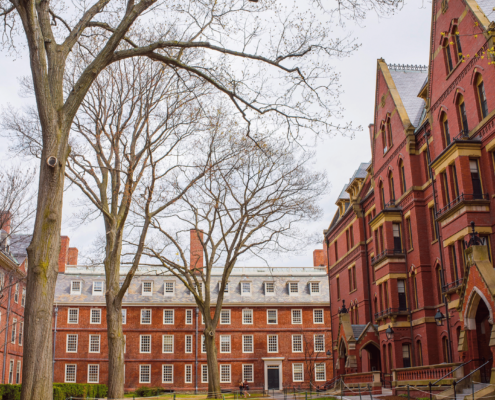Study: UMass Amherst Admissions Standards Now Higher for MA Students than Non-Residents
Freshman admission to the University of Massachusetts’ flagship Amherst campus is more competitive for the Commonwealth’s students than for out-of-state applicants, who pay more to attend, according to a new study published by Pioneer Institute.
“The central mission of the University of Massachusetts is to serve the state citizens whose taxes support increased appropriations to the system,” said Mary Connaughton, co-author of “Differentiating Admissions Standards at UMass-Amherst to Meet Out-of-State Enrollment Targets.” “While the general belief has been that non-resident student help augment intellectual rigor on campus, that benefit is in question if admissions standards, on average, are lower rather than higher for those students.”
UMass admissions standards rose significantly for all students between 2004 and 2017, but especially for applicants from Massachusetts.
Data acquired through a public records request of the Massachusetts Department of Higher Education show that from 2010 to 2016, non-resident students accepted to the Amherst campus had lower high school grade point averages (GPAs) and SAT scores than their in-state counterparts. For the fall of 2016, in-state accepted student GPA and SAT averages were 3.97 and 1265, respectively, compared to 3.78 and 1242 for those from outside Massachusetts.
In 2014, UMass established a target of one-quarter of undergraduate students on the Amherst campus being from out of state by the fall of 2017. By the fall of 2016, 26.4 percent of entering freshmen were non-resident students.
UMass isn’t the only state university system dealing with the appeal of attracting higher numbers of non-resident students who pay more to attend. A state audit that revealed that the average high school GPA of students accepted to the University of California’s flagship Berkeley campus was lower for out-of-state than in-state students. The university can now accept non-residents if their academic qualifications are higher than the average of accepted resident students.
In 2016, the Board of Governors for the University of North Carolina fined the system’s flagship Chapel Hill campus $1 million after it exceeded an 18 percent cap on out-of-state enrollment two years in a row.
“Providing a high-quality education doesn’t just mean accepting the students with the highest GPAs,” said Pioneer Executive Director Jim Stergios. “UMass should also strive to educate Massachusetts residents who can’t afford private schools or higher out-of-state costs at other university systems.”
Connaughton and co-authors Rebekah Paxton and Charlotte Emslie recommend that state policy makers consider a non-resident enrollment cap like those in place in California and North Carolina. They also urge UMass to conduct an analysis to determine how many non-resident students ultimately make Massachusetts their permanent home.
“If out-of-state graduates stay here in large numbers to expand the economy and fill jobs in areas where labor shortages exist, the university’s current policy may yield benefits,” Connaughton said. “In any case, the state taxpayers who subsidize UMass should be informed about the return on their investment.”
About the Authors
Mary Connaughton is the Director of Government Transparency at Pioneer Institute.
Rebekah Paxton is a senior at Boston University. She will graduate in May 2018 with a Master of Arts in Political Science and a Bachelor of Arts in Political Science and Economics. She started at Pioneer as a Roger Perry Government Transparency intern at Pioneer focusing on economics and higher education policy research.
Charlotte Emslie served as a Roger Perry Government Transparency intern at Pioneer in 2017. She worked on research projects ranging from higher education, finance, and transportation policy. She holds a Bachelor of Arts in Political Science from Boston University.
About Pioneer
Pioneer Institute is an independent, non-partisan, privately funded research organization that seeks to improve the quality of life in Massachusetts through civic discourse and intellectually rigorous, data-driven public policy solutions based on free market principles, individual liberty and responsibility, and the ideal of effective, limited and accountable government.
Stay Connected!
Related Posts




